Lithium-ion batteries have become more widely used since they became commercially available in the early 1990s. Today, lithium-ion batteries are ubiquitous in everything from laptops and mobile phones to electric cars and energy storage devices. After reaching the life of the battery, the number of discarded lithium-ion batteries increases at an alarming rate. Studies predict that by 2030, more than 11 million tons of lithium-ion batteries will be scrapped worldwide.
February 18 is National Battery Day in the United States when many Americans replace old batteries in their homes and send them to recycling centers. In honor of the unofficial holiday, the DEPARTMENT of Energy announced the opening of the Argonne National Laboratory battery Recycling Research and Development Center and the launch of the Lithium-Ion Battery Recycling Award program to promote the recycling of key materials in lithium-ion batteries. Why did the United States choose to recycle waste li-ion batteries at this time?
Batteries of electric vehicles in the United States are retiring soon, and the recovery rate of waste batteries is insufficient
At present, the recycling rate of used lithium-ion batteries in the United States is less than 5%. If this problem cannot be effectively solved, it will hurt people's health and the natural ecological environment. Therefore, taking advantage of the battery Day in the United States, the U.S. Department of Energy set up a battery Recycling research and development Center in Argonne National Laboratory, aiming to develop a cost-effective recycling process to recover as many valuable materials as possible, such as lithium and cobalt, from waste lithium-ion batteries. The launch of the Lithium-ion battery Recycling Award aims to encourage US companies to find innovative solutions for the collection, storage, transportation, and eventual recycling of used Li-ion batteries. The Department of Energy will provide a total of $5.5 million for the award.
The Department of Energy hopes to reduce U.S. dependence on foreign countries for key battery materials such as lithium and cobalt through two programs, the Research and Development Center and the Recycling Award, to promote the development of new technologies that will eventually recover 90 percent of critical materials from used batteries.
Given the growing global demand for lithium-ion battery raw materials, the risk of potential supply shortages has prompted the US government to develop technology for recycling batteries for electric vehicles, mobile phones, and other devices in the hope of obtaining a more stable and reliable source of raw materials.
The U.S. Department of energy (doe), announced that the national security concerns will spend $15 million at Argonne national laboratory near Chicago (ArgonneNationalLaboratory) three years of research and development projects. The project will bring together the Argonne and Oak Ridge National Laboratories, the National Renewable Energy Laboratory, and several universities to develop the latest technology in hopes of catching up with China's prowess in manufacturing and recycling lithium-ion batteries.
'Relying on other countries to supply metals like lithium, cobalt, nickel, graphite and finished batteries is bad for national security because some of these countries are not close Allies,' said David Simmons, an official at the Energy Department's Office of Energy Efficiency and Renewable Energy.
Lithium is important in a few South American and African countries, as well as In Australia, and cobalt is mostly mined in Congo. China, which recently has tense trade relations with the United States, is a major producer of lithium-ion batteries. China has actively recycled batteries to obtain lithium raw materials, reducing its dependence on lithium imports.
The growing demand for lithium-ion batteries is also the reason the US government is investing in recycling technology. Jeffrey Spangenberg, director of the Department of Energy's new Recycling center, ReCellCenter, said the energy department believes now is the time to start recycling batteries, as U.S. automakers invest heavily in electric vehicles over the next decade and electric vehicle batteries are nearing their end of life.
'We do a lot of analysis,' Mr. Spangenberg said. 'If we don't recycle, we're going to run out of materials.' If we can get a stable supply of recycled materials, it will reduce the risk significantly.
'It doesn't make sense to recycle lithium-ion batteries in the U.S.,' said Hana Melin, a researcher in the lithium-ion battery industry who works for CreationInn. 'You can't use these materials locally unless you're selling them to our country, because that's where the batteries are made.'

Why does the US Department of Energy begin to pay attention to recycling waste lithium ion batteries?
in News

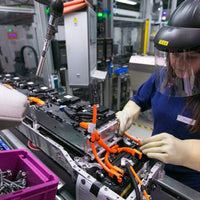
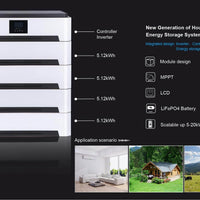
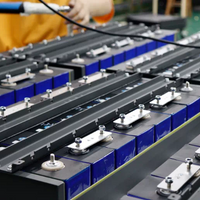
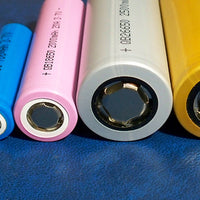
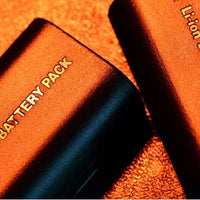
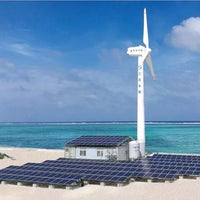
0 comments